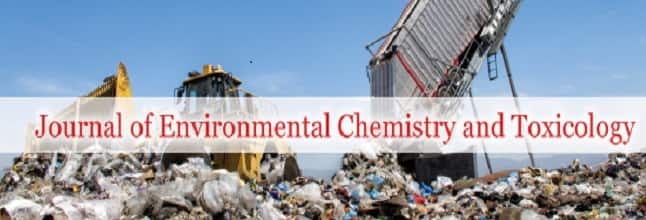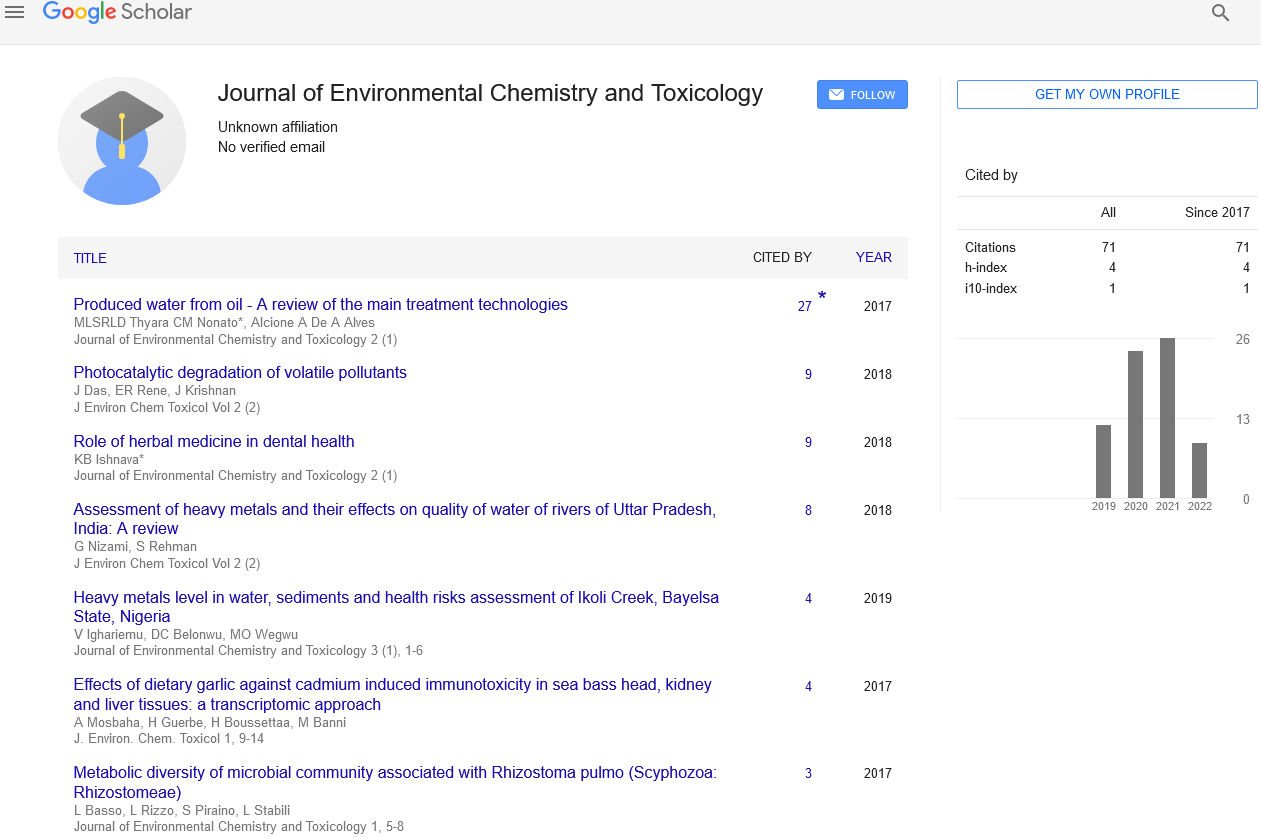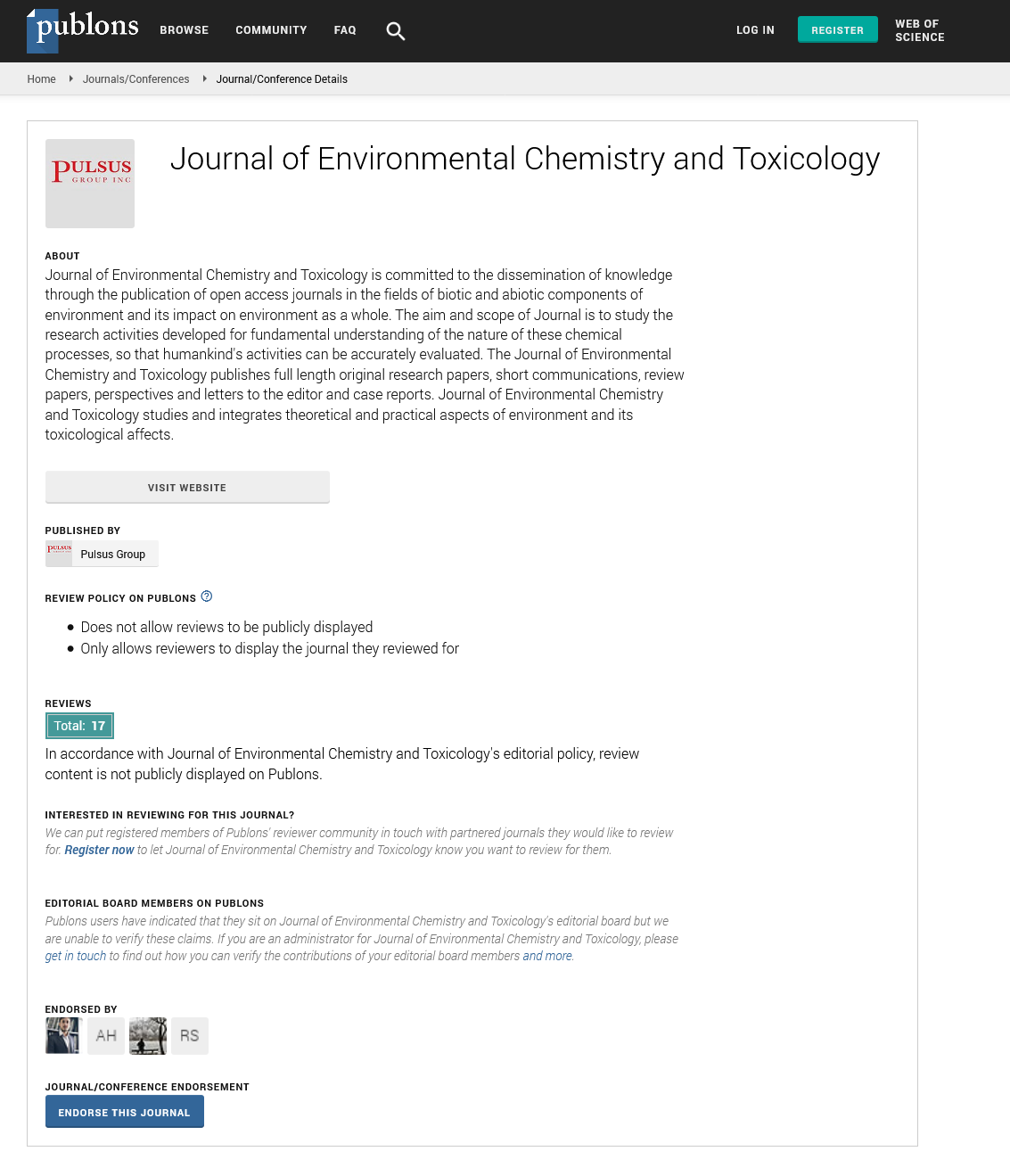
Sign up for email alert when new content gets added: Sign up
Abstract
Promoting In-Situ Hydrothermal-upgrading ?f Heavy Oil by Catalytic Dehydrogenation of Decalin in the Presence of Nickel-Based Catalyst
Author(s): Al-Muntaser Ameen Ahmed MohammedOne of the main and cost-effective solutions for the successful use of heavy oil reservoirs around the world is hydrothermal upgrading. This research is a study of the in-situ upgrading of Ashalcha oil field (Republic of Tatarstan) using steam, decalin, and catalyst (Nickel (II) stearate) at temperatures of 300 °C for 24 hours, using a stainless-steel 300-ml batch Parr reactor. In addition, decalin as a hydrogen-donor solvent was used to improve the efficiency of the catalytic and non-catalytic hydrothermal upgrading process. Moreover, the donating capacity (dehydrogenation) of decalin was evaluated under catalytic and non-catalytic hydrothermal upgrading to gether with steam, Nickel (II) stearate and heavy crude oil in the same batch reactor. The viscosity, chemical composition, SARA fractions, composition of the evolved gases, and carbon number distribution were studied. After 24 hours of contact at 300°C, it might reduce oil viscosity by 11%. But with the catalyst, the effect of steam increases, as the viscosity decreases by 50% at 300°C. While the combination of decalin and catalyst reduced the viscosity of the mixture the most, by 69±1% with decalin at 300°C, compared with pre-upgrading mixture. In addition the remined propeties such as SARA analysis an carbon number distribution in the saturates were significantly impvoved. The results of thermal conversion of decalin showed that decalin was dehydrogenation to tetralin, and the residual were converted into lower boiling products with dry gas. The produced hydrogen from decalin was used for hydrogenation the upgraded oils improving their main characteristics.





